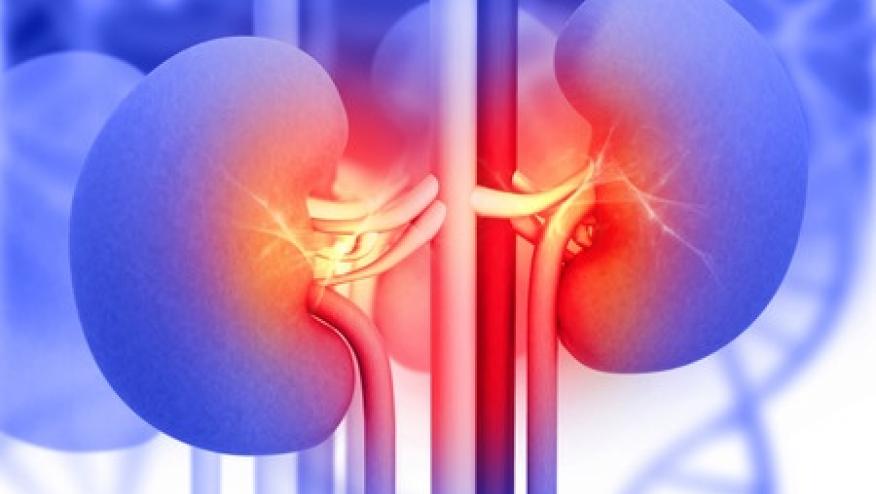Severity of Lupus Nephritis is Declining over Time Save

A retrospective follow-up study of 499 lupus nephritis (LN) patients over three successive eras shows that LN has become less severe in recent years and thus, better long-term survival is possible.
A multicenter, Italian study examined LN patients over a 46-year period, dividing eras into three periods (P): P1 1970–1985, P2 1986–2001 and P3 2002–2016. Predictors of outcomes were assessed by univariate and multivariate proportional hazards Cox regression analyses.
Investigators noted a progressive increase in patient age at the time of diagnosis (p<0.0001) and a longer interval between SLE onset and LN occurrence (p<0.0001).
Over this same 46 year period the frequency of renal insufficiency at the time of LN presentation significantly decreased (p<0.0001) while isolated urinary abnormalities increased (p<0.0001).
Even though no changes in histological class and activity index were observed, the chronicity index significantly decreased from 1970 to 2016 (p=0.023).
Survival without end-stage renal disease (ESRD) was:
- P1: 87% at 10 yrs; 80% at 20 yrs
- P2: 94% at 10 yrs; 90% at 20 yrs
- P3: 99% at 10 years (20 yr F/U not available) (p=0.0019).
Predictors of ESRD included: male gender, arterial hypertension, no immunosuppressive therapy, increased creatinine, and a renal biopsy high activity and chronicity index.
These data suggest that time and better treatments have improved the renal outcomes of lupus patients who develop LN.
Conclusions Clinical presentation of LN has become less severe in the last years, leading to a better long-term renal survival.










If you are a health practitioner, you may Login/Register to comment.
Due to the nature of these comment forums, only health practitioners are allowed to comment at this time.